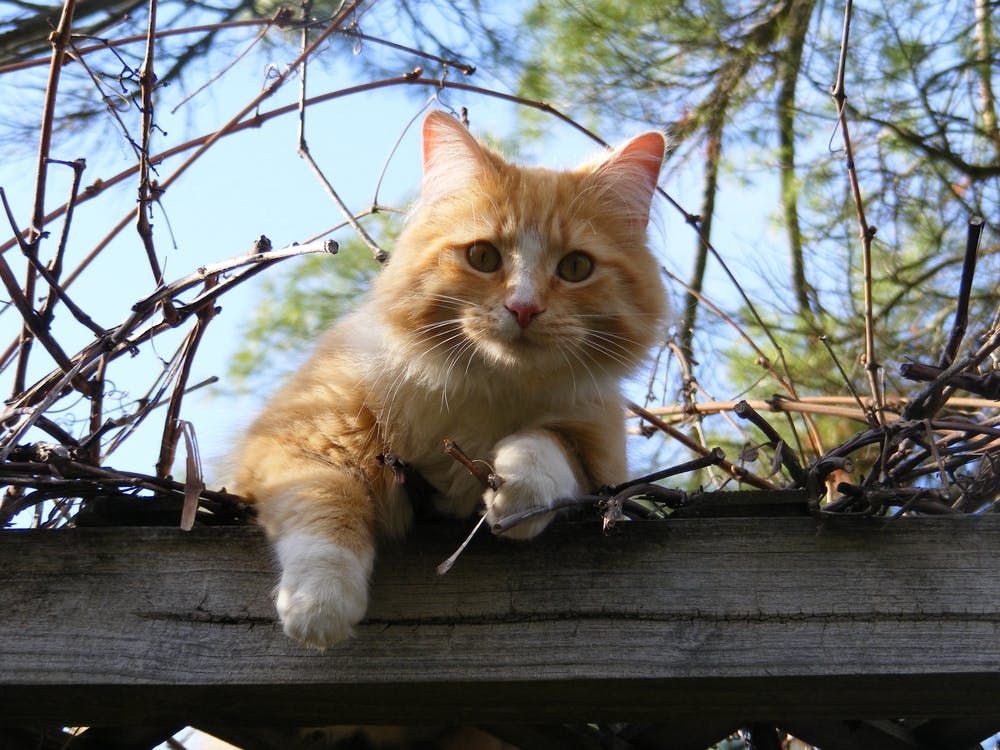The International Association of Human-Animal Interaction Organizations (IAHAIO) has developed international guidelines on the care, training, and welfare requirements for animal-assisted interventions.
Continue readingCategory Archives: Uncategorized
A Christmas Season Wish for All: A Happy, Healthy Life with a Companion Cat
PhD position in Canine Enrichment
Dr. Anastasia Stellato and Dr. Nathaniel Hall, in the Department of Animal and Food Sciences at Texas Tech University, are currently seeking a PhD student, with expected start date Fall 2022.
The successful applicant will join a research project to assess the influence of enrichment (e.g.,toys) on the behavior and welfare of domestic dogs. General responsibilities will include: organizing, coordinating and conducting experiments, coordinating with dog owners/shelters, supervising research assistants, data collection and management, data analyses, and manuscript writing
Green Chimneys are recruiting for ‘Associate Executive Director of Behavioral Health Services’
Green Chimneys is a multi-faceted nonprofit organization helping young people to maximize their full potential by providing residential, educational, clinical and recreational services, in a safe and supportive environment that nurtures connections with their families, the community, animals and nature.
Job Announcement: Office Coordinator for Human-Animal Bond in Colorado (HABIC) at Colorado State University
HABIC (Human-Animal Bond in Colorado) in the School of Social Work at Colorado State University seeks an Office Coordinator. This position will be a 12-month, full-time appointment.
Information about the position and application instructions can be found at: https://jobs.colostate.edu/postings/95996
Challenging pet-unfriendly accommodation: housing multispecies families in South Australia
As part of a SCAS funded project, Zoei Sutton (Flinders University, AU) will be interviewing South Australian stakeholders (housing providers, tenancy advocates, and landlords) and tenants with pets.
The findings will be used to develop understandings of how key players navigate renting with pets in hostile policy contexts, and in doing so provide tips for those working in similar jurisdictions and inform potential improvements to current policy and practice.
To read more, click here.
New UK law on microchipping for cats will result in many more cats and people being reunited!

The UK government drew up its compulsory microchipping plan after a sharp rise in pet thefts and lobbying by heartbroken owners, as well as rescue centres being overwhelmed with lost or unwanted pets.
Continue readingGuide Dogs are recruiting a Canine Science Assistant to train puppies
A charity based in Leamington Spa (UK) are recruiting a Canine Science Assistant to train puppies to be guide dogs for people with sight loss. The position is for 12 months and the salary is £23,173.
Applicants must have experience working with or handling animals as well as a degree in a science or animal behaviour related subject. Those without a relevant degree must have at least two years of experience working with animals.
The deadline for applications is Dec 5th 2021
Good news regarding open access science papers!

Many researchers, and especially independent scholars and those in-between positions, have limited access to important research because many papers are stuck behind a paywall.
However, there is some good news regarding proposals to make scientific papers accessible to all. The UNESCO Recommendation on Open Science was adopted by the General Conference of UNESCO at its 41st session, in November 2021. Click here to read more.
Psychology Today asks ‘Does Another Dog in the House Reduce Separation Anxiety?’
New data challenges the belief that dogs are less likely to show separation anxiety if they live with another canine companion!
Written by Stanley Coren PhD., DSc, FRSC, and based on a recent study by Stephan, Leidhold, and Hammerschmidt (2021), key research findings are:
- Most dogs showed low vocal and physical activity, independent of time being alone at home.
- Physical activity was higher when more than one dog was in the household, primarily in the first hour of separation.
- Male dogs in multi-dog households were more likely to bark and vocalize than were canines in single dog households.
To read the full article, click here.
